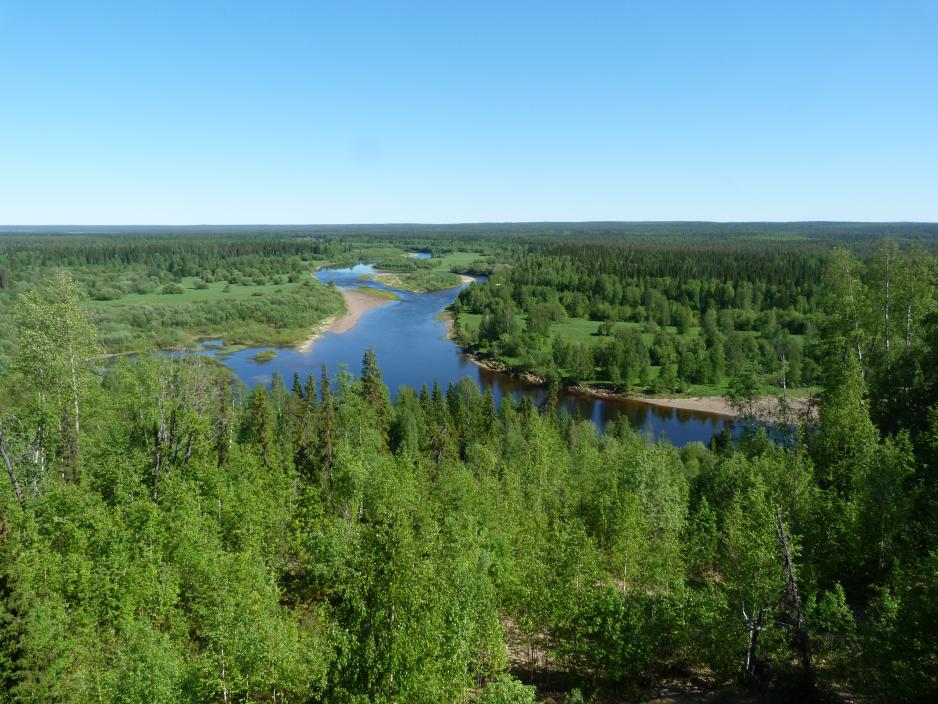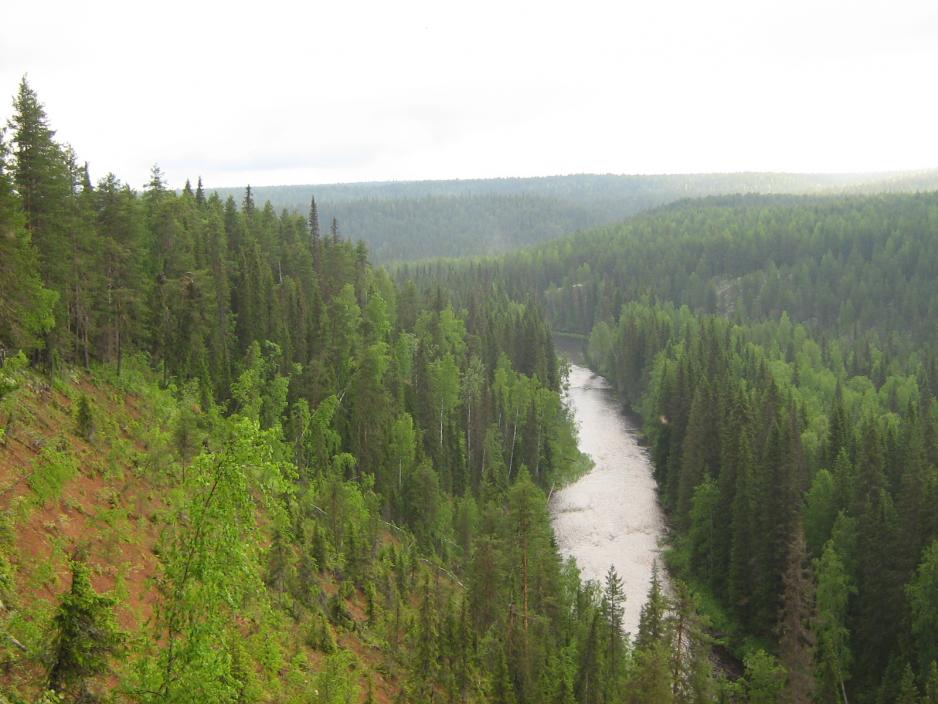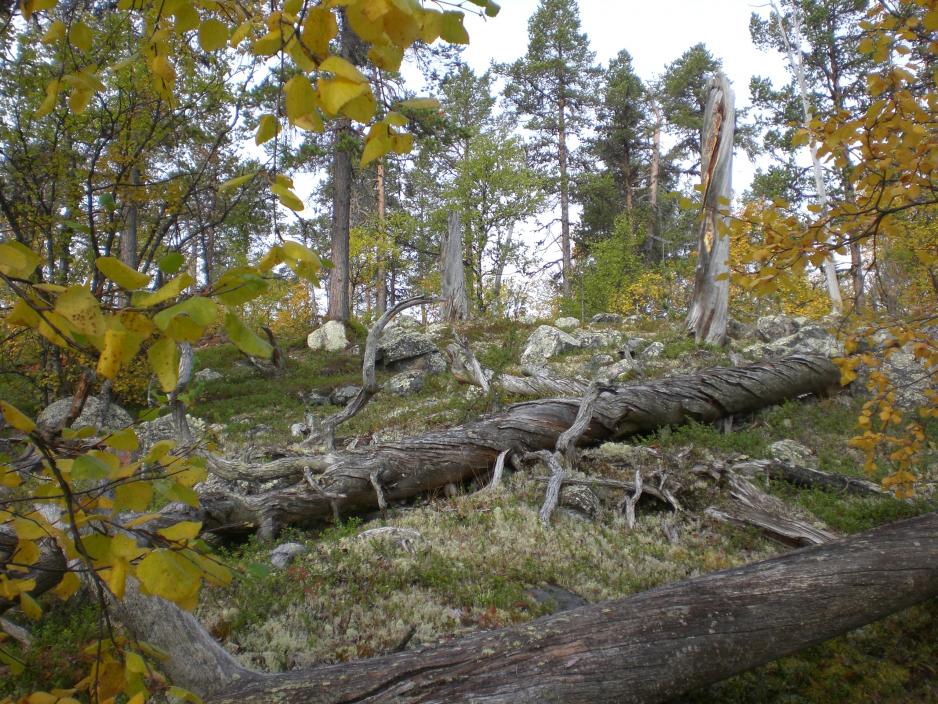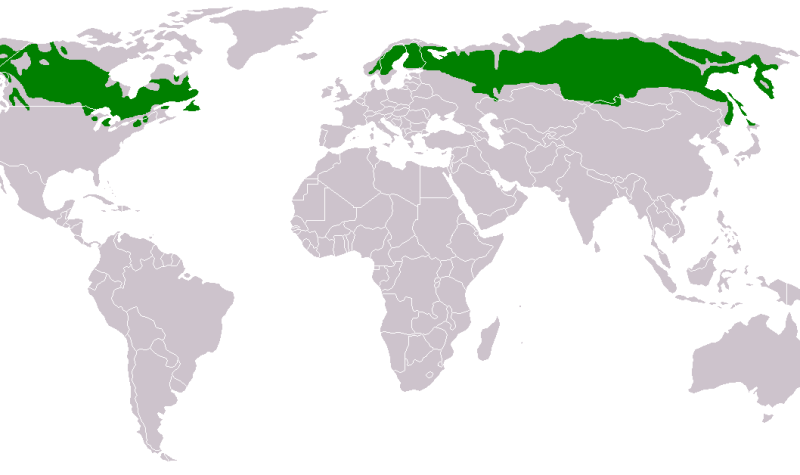Forest Protection Vital in the Barents Cooperation

Forest protection will be one of the topics of the Barents Euro-Arctic Cooperation’s Habitat Contact Forum in Finland next week, according to Norwegian Environment Minister Vidar Helgesen.
Earlier this week, Climate and Environment Minister Helgesen met with his Russian colleague Sergej Donskoj during a meeting of the Norwegian-Russian Environmental Commission in Oslo, Norway.
It was the first time in 12 years that the Environment Commission meeting was chaired by a government minister.
WWF worried about the woods
The WWF Norway expressed concern that forest protection was not on the agenda for this meeting and questioned whether forest protection is a low government priority.
- Not at all, Climate and Environment Minister Vidar Helgesen says to High North News. – Forest protection is not in any way a low priority, and Norway and Russia agree to cooperate on forest protection within the Barents cooperation, where Sweden and Finland also participate.

The last old-growth forest is Russian
Trude Myhre, a WWF biologist, stresses the importance of active forest protection.
- The last remaining old-growth forests are on the Russian side. If they are not protected now, it will be too late. I am very worried that the Russians might do to their forests what we in the Nordics have done to ours.
In Norway, 75 % of the forests have been cut down and turned into spruce plantations. Only 2.4 % of the Norwegian forest is older than 160 years, thus, there are only diminishing parts left of the old-growth forest.
More carbon deposited than in the rain forest
The largest group of species threatened by extinction live in the forest and struggle from the lack of old-growth forest with old and dead trees. If the Russian Environment Minister does not initiate a large-scale rescue operation for forest protection, in particular in the Arkhangelsk area, I am afraid it might not go well, says Trude Myhre.
According to an article in the Norwegian daily Vårt Land last November, protecting the northern forest is also considered an important climate project. Calculated estimates show that there is more carbon deposited in the Nordic forest than in tropical rain forest.

An important part of the Barents cooperation
Climate Minister Helgelsen agrees with WWF that the large old-growth forests on the Russian side of the border carry immense natural values, and that the last uninterrupted northern forest areas are in Russia.
- We believe, just like the WWF, that it will be in the interest of both Russia and the world for these large forest areas to be preserved. Based on a Norwegian initiative, the Barents cooperation has worked out a strategy for preserving the forest in the Barents region.
Wants to preserve existing old-growth forest
The purpose of this strategy is to encourage the Barents region countries to take measures for preserving existing forest, in particular ancient and old-growth forest. Most of the existing forests in the Barents region lies in Russia, in particular in Arkhgangelsk county.
- We want to preserve the remains of the old-growth forest because that also leads to our preserving the area’s eco systems, and also because these forests, marshes and tundra areas are significant carbon storages, Helgesen emphasizes.
Russian decision on the strategy lacking
Helgesen argues that Norway and the other Nordic countries have agreed on the strategy, and that Norway contributes with voluntary forest protection in the Norwegian part of the Barents region.
- Russia has not yet decided on the strategy and we wish to contribute to clarifying any remaining questions on the Russian side.
Norway considers following up on the recommendations of the strategy a high priority. It will contribute to preserving the large forest areas in Russia, Vidar Helgesen argues.
Forest protection is a high priority
- The forest protection initiative within the Barents cooperation is a high priority for Norway. It ill be the topic of the Barents Euro-Arctic Cooperation’s Habitat Contact Forum, which takes place in Finland next week.
The Habitat Contact Forum gathers representatives from the environment management bodies, research institutions and NGOs that work with protection-related issues and other biodiversity issues in the four Barents countries.
According to Helgesen, forest protection will also be one of the issues raised at the Barents Environment Ministerial Meeting in Finnmark, Norway, in November.

Greenbelt of Fennoscandia
- The accusations that Norway does not prioritize the Greenbelt cooperation are inaccurate, the Norwegian Minister says.
- Norway participates in the part of the European green belt called ‘Greenbelt of Fennoscandia’, which covers an extensive cooperation between protected areas in Norway, Russia and Finland.
Forest, monitoring and tourism
It includes cooperation on forests, but also monitoring of nature and development of eco-tourism. The County Governor of Finnmark holds the professional responsibility, and the Ministry of Climate and Environment also participates.
The Norwegian contribution to the ‘Greenbelt of Fennoscandia’ consists of close cooperation with Russia and Finland in the Pasvik-Inari Trilateral Park, Climate Minister Helgesen says in closing.

